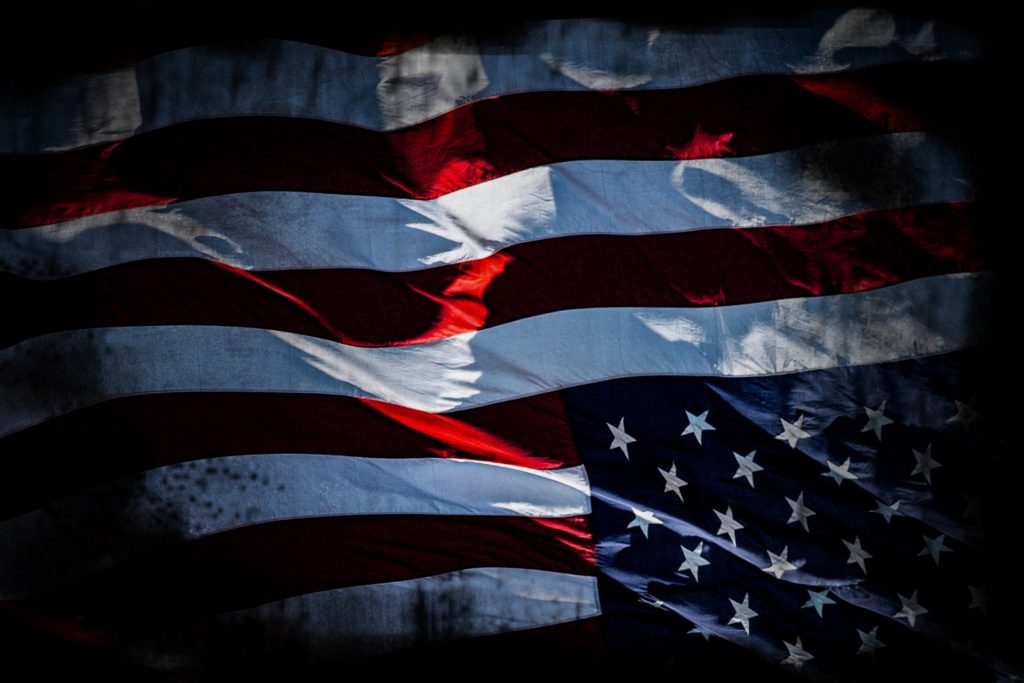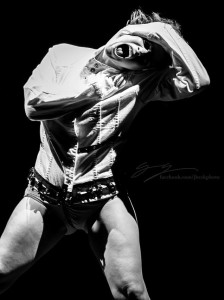
The world has felt like a lot lately. Most recently it’s felt very intense, however for the last year things have increasingly gone from hard to increasingly harder, and it’s been getting to this point slowly and steadily for as long as I can seem to remember. There are reasons. Many reasons. Some are environmental, health related (international, national, and individual), some reasons are personal, definitely many are driven politically, and certainly the crux of most of these things are economical. Payment for the promises of yesterday have come due today, and we do not live in the same world we grew up in.
How intensely one feels the weight of the world on their shoulders is inherently uneven depending on how you’ve been cared for within and by society during your lifetime. The landscape concerning such things is always changing, yet still remains largely the same. I take these things for granted, “just the way things are, so get used to them”. Recently I’ve seen more and more articles published, and media discussions pop up concerning subjects that seem so blatant, so obvious, so “old news”, that I’ve found myself pausing to reflect on the state of the “haves” and the “have nots”.
We live in different realities from the ground up. The shape of information I’ve always assumed we shared (at least superficially) seems to be less solid and less comprehensive than I’ve believed it to be in the past. What’s been promised, what’s distinctly never been promised, and how one’s grown to become more or less resilient due to their personal expectations for the future (on some level, “what one believes they’re owed by society”), is a collision of textures woven into what comprises community. The differences in these textures are becoming increasingly more apparent as the weave gets tighter. Lately I find myself observing class and wealth differences (even within even my own bubble communities) as much more pronounced than I’ve regarded in the past. This seems more important to understand now than it ever has before. Maybe this is because people who had brighter futures in their younger years are becoming disillusioned at an increasing rate (sometimes for the first time in their lives), about who they are to become, and what rights they actually have in order to live out or attain those inner success stories.
It boils down to the practical understanding one has about the hardships of poverty, and for how long one has considered themselves stuck within that framework, especially as more and more of the population joins this rank. The acknowledgment about whether or not one believes they have the right to attain (or even has a real opportunity to grow beyond) means equivalent or better than the circumstances of how they were raised, is a missing part of conversations we seem to be having today. Discussing more deeply, bringing to light clearly, this missing component would do a lot for our understanding of how we could be working within society for social reform.
Do we wonder what the experiences of others are when we mourn our own (perceived or real) decline? I believe understanding the struggles of others—even and especially those one does not identify with on multiple levels—is a saving grace which can benefit everyone. Especially in this day of the widening wealth gap, rising gig economy, and disappearance of job benefits and future securities.
A great example of this is: for the first time in my decades as an out queer person, I am hearing more gay men calling out and speaking to the privilege of maleness and cis identity within LGBT spaces effecting accessibility, economic mobility, politics, security, family building, and other community realities. Lesbians and transpeople who mix with gay men and their spaces have always known this and have been stringently aware of these deficits of equality since forever, but we’re now more clearly able to have meaningful conversations with gay men (especially white gay men) as they feel their own privileges decline in the current economy and political climate. They are, perhaps, more sensitive to the hardships of others within their own circles, which brings potential equity to a wider circle as the problem solving of these issues begins to unfold.
My generation, the tail end of Gen-X, was the first in recent history to understand and experience the coming-of-age reality that we would not exceed, nor even meet, our parents’ wealth in terms of household income or longterm financial security. I happened to grow up very poor, and have remained so throughout my adulthood. I’m sure for this reason alone I chuckle at headlines which point out that “corporations are buying up all the real estate and driving up housing costs for everyone, thereby pushing more and more people out of their potential for middle class mobility”, as if it’s a new concept or not exactly how things are done nowadays and have been done for what feels like my entire lifetime (though it hasn’t, actually, been that long). To me, poor folk have never been in a position to buy into the middle class without middle class support/help/”handouts”/investment along the way. This concept seems to be “news” to many people these days, something they hadn’t considered before or haven’t noticed happening in the past 30-40 years, steadily becoming more of an everyday reality and effecting higher percentages of the population.
I mean, how is wealth supposed to reach the majority of citizens when the only people taking home increased profits from business are the CEOs of big businesses—which are fewer and fewer people as our capitalist society becomes increasingly driven by monopolies? Make no mistake: our system is a pyramid scheme, and by definition it’s unsustainable outside of committing to grosser and grosser acts of over population for all eternity in order to raise the slave class multitudes which support those living higher up. The minimum wage is less and less a livable one, and our “employment rates” are reflective of the number of people working gigs (which aren’t sustainable), rather than indicating gainful employment in a meaningful and supportive capacity. Speaking with my mother recently, as her perspective reaches further back than mine, she can recall the time before where this was not how things were done. There was, only a couple generations ago, a time where the country and businesses themselves provided for people instead of corporate interests. Credit cards were not how citizens gained credit not very long ago, and loans were available to individuals who needed homes (albeit white cis males predominantly). Savings accounts helped people save money and even paid reasonable rates to the account holder, since that money is used by banks, as it sits in the account, as the bank sees fit for its investments. Full time jobs used to offer comprehensive healthcare including dental, pensions for retirement, and an array of benefits which are rare these days if offered anywhere anymore (albeit to white cis males predominantly).
All I want is to have a reasonable amount of space to build the living museum I envision and desire to create. Space enough to teach classes in, space to utilize for a meaningful living. I don’t think I’ll ever be in a position to buy a space though, and rents are impossible to afford when it’s square footage and accessibility one’s in need of.
I guess this is all to say that paying closer attention to the realities of our ever increasingly marginalized and poor populations is more than your civic duty, it’s key to everyone’s survival. Look around. Most of us are struggling, and some are struggling epically more than others. I endure forms of marginalization which directly effect my potential for economic productivity, and also privileges (whiteness especially) which give me opportunities (networks) not everyone has access to. This too protects me to a certain degree from forms of active and inbuilt oppression which further ravage individuals economically and personally.
The more sensitive I am to these subtleties in privilege and oppression, and the more I understand how the system actively works for and against individuals based on an array of identity realities, the easier it is to help others in need and to find ways to help myself. I want to be a reasonable part of community, which means I want to rise as I also help those around me rise. I fundamentally believe we must gather together collectively in order to be strong enough to traverse the landscape of our current, persistent, and ever widening capitalist tragedy that is the train wreck of today—effecting us all politically and privately. The more points of intersection with oppression I struggle with, the harder it is to accomplish anything (even on a daily basis). By design this keeps the marginalized person down. An increase of community members I’m surrounded by who understand this helps make up some of the difference between us, and the better off we all become in time. It will take a mass decision (especially by those who feel as though “they do not have what they are owed”), to give instead of only practicing taking. This is what must shift in order for us all to have and to survive meaningfully.
The struggle of today is that too many people are clinging to a story of “their rights”, and less to the observation of growing percentages of people in radical decline, joining the ranks of those whom they never considered as having those same rights to begin with.
Play On My Friends,
~ Creature
This writing takes time, research, and consideration. It is my art.
Please help me pay rent: join Patreon, offer Support or email me directly. Thank you
